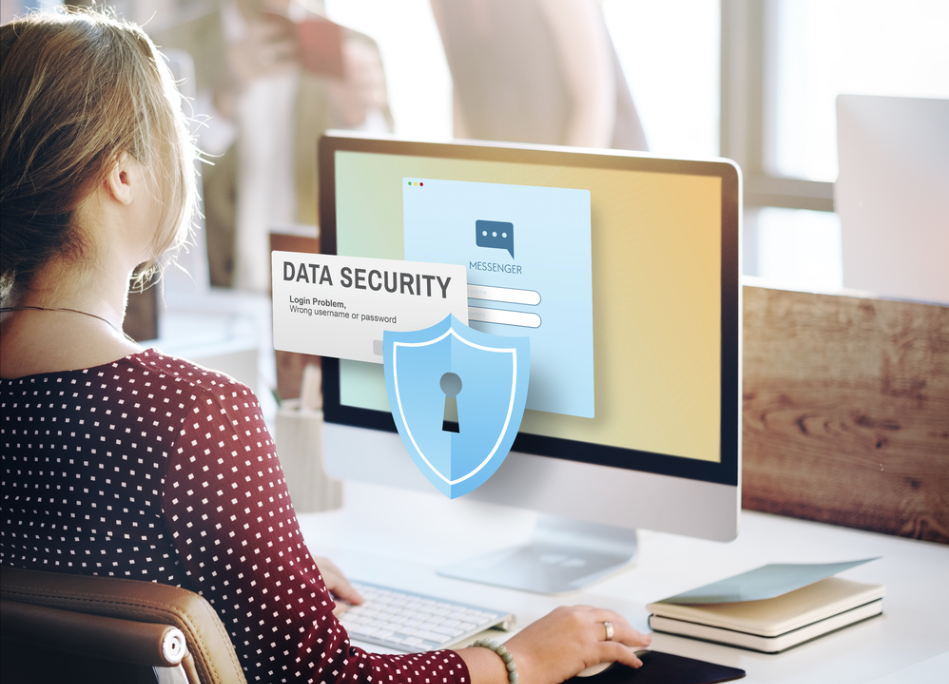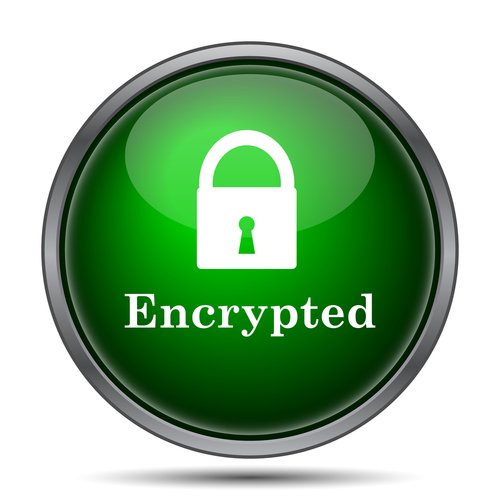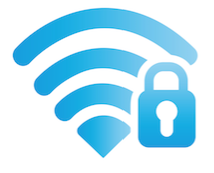
Privacy and security on the Internet is becoming a bigger and bigger issue all the time. Unfortunately, people are trying to take back their privacy and security online …and have no idea what they’re doing. This leads to confusion, vulnerabilities, hacking, and things like the new Opera VPN (which isn’t as advertised).
Let’s take a moment to really look at privacy and security tools that you can use on your computer that will actually help you. Some of them are a bit advanced, but you can learn how to do them with a bit of reading.
Get more privacy and security on the Internet
Make sure your email is secure
There are a number of email clients out there, like Outlook, that will let you install your own personal security certificate. The place to go for these certificates is Comodo. You can get a single one for free, for corporations who want more they usually charge around $12/year for under 25 certificates.
What you have to be aware of is that the people you email must be on a compatible system. If they were to check their email on their smartphone they will see nothing but encryption – garbled text which doesn’t make sense. The good thing is that those who are trying to hack you, and steal your email data, will also only see this garbled text!
Set up a virtual machine
One of the biggest privacy and security problems on the Internet is getting infected by something which can track you. Keyloggers are a big problem. Creating a virtual machine can help you as anything malicious which is downloaded onto the virtual machine will not impact your actual machine.
There are a million different ways to do this, and it can be complex, but if you’re in the habit of downloading you may want to check it out. Here’s a general primer on how to do it, but your specific machine may vary.
 Browse anonymously online
Browse anonymously online
A VPN will let you hide your IP address, encrypt your traffic, and disguise your location. This seemingly advanced privacy and security Internet tool is actually quite easy to use as you simply choose a VPN provider and they provide you with a client to operate through.
Not only will you enjoy safer Internet activity through your browser, but it will work just as well with anything you do online. We have a number of great VPNs reviewed here on our website. Each one will help you take back your privacy and security, but for the most privacy choose a logless VPN like IPVanish.
Read our Full Review of IPVanish VPN
Give your system a good cleaning
This is a big, BIG one for Windows users as these are notorious for showing up with lots of programs you don’t use. These programs can, for one, be security and surveillance tools themselves, or they can be leaking your data.
Windows 8.1 has a handy ‘Reset Windows’ tool that takes your Windows OS back to a fresh install. This gets rid of all software that isn’t part of the original OS package. Don’t worry, you can do it with a Mac too. I’d make it step one in setting up your new computer, but be cautious with your older computer and backup everything personal as it will be deleted.
You can, of course, just go through your list of applications and delete the ones you don’t use, or no longer use. It’s a good habit to get into either way.
Use less popular apps & OSs
One of the problems with using the most popular apps and browsers is this makes them a big target for hackers. If there are many people to target it makes it better for a hacker as they have more potential victims.
Think about using alternatives to the big names. Here are a few examples:
- Use Opera browser instead of Chrome or Safari.
- Use Libreoffice instead of Microsoft Office.
- Use GIMP instead of Photoshop.
- Use VLC instead of Movie Player.
- Use a Mac instead of Windows.
- Use Linux instead of Windows if you have to keep your PC.
If you’re going to change up your tools used in order to decrease your chances of being hacked, be sure to review the tool thoroughly. Less popular may mean abandoned by the developer. Make sure it’s still updated, and make sure that it’s well reviewed by a number of websites.
 Strengthen your router’s security
Strengthen your router’s security
At home, you can still face privacy and security risks. First, you need to set a strong password. And no, a strong password can NOT be the word ‘Internet’ followed by you address. Come. On. Create a strong password now.
An easy way to change your router’s security is to change its SSID, the name of your network, so it can’t just be found by anyone. This step makes it so you have to tell the name of your network to those who want to connect.
Your other option is to make it so that changes can not be done wirelessly. This means that someone has to be in your house, plugged into your router with a computer, in order to change passwords. There are a bunch of different ways to do this, here’s one example for TP Link routers.
Greater privacy and security on the Internet is possible
No, you don’t need to be a super-geek to increase your privacy and security online. A little bit of the right knowledge, such as what’s presented here, and the right tools will get the job done. Remember that your online privacy and security takes place when you have:
- Secured your email.
- Started using a virtual machine when downloading risky files.
- Bought a VPN subscription to use it’s many features.
- Cleaned all unnecessary apps off your computer, or factory reset it.
- Started using less popular apps to limit your appeal for attackers.
- Made your router more secure.
Each of these steps is a vital aspect of your privacy and security on the Internet, and only you can enact them. The time to think that someone else will handle your security for you is over. You need to step up now and take control of your Internet!
